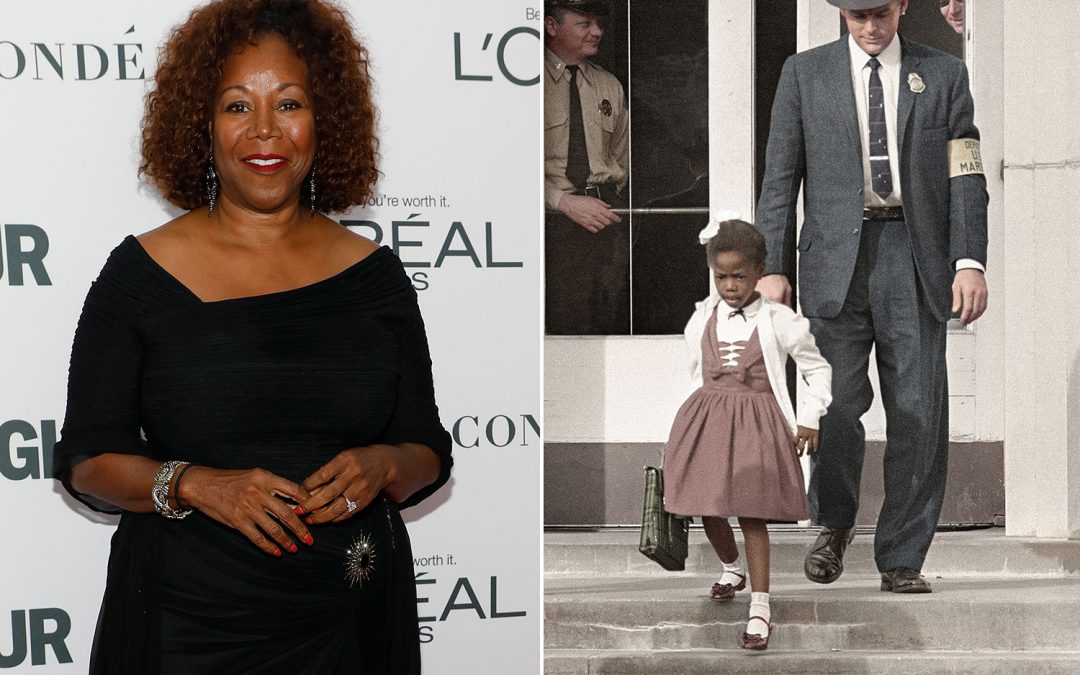The question feels redundant to me, yet it’s a question that many Americans still quietly ponder. In 1926, Carter G. Woodson developed Negro History Week because he believed Black Americans should know their past in order to intelligently participate in the all levels of American society. He hoped Negro History Week would inspire young Black Americans to become integral members of American society. In 1976, as many people began to embrace Black identity, Negro History Week evolved into Black History Month. However, as we progress towards what some people believe to be a more equal society, the question of “do we need Black history month?” remains prominent.
Think back to your own high school history classes. Did you ever learn about Black culture? Black family life? Black food? Black music? Black art? Black success? Blackness as it stands on its own, not just as a footnote to White colonialism? Do you now know anything about the Black Diaspora? About Sonia Sanchez and Ruby Bridges? Do you seek to learn about the school to prison pipeline that plagues Black America today?
This is not to shame you and your individual knowledge of history. It is more significant than that. Thousands of years of black history is oftentimes meagerly reduced to a handful of figures and events. As children in school, we learn about Martin Luther King Jr. and the Underground Railroad, but not about early enslaved black people using poetry as a form of expression or about how jazz and hip-hop, originating from black culture, shaped the music you listen to today. America only knows a single version of the story, and Black History Month is an opportunity for us to gain a more complete picture. However, this is not a picture that will simply appear before you. Black History Month serves only as a reminder that our society recognizes White history every day. It is our job to become conscious of the hidden narrative embedded in Black history and celebrate its resilience. Black History is American History.
